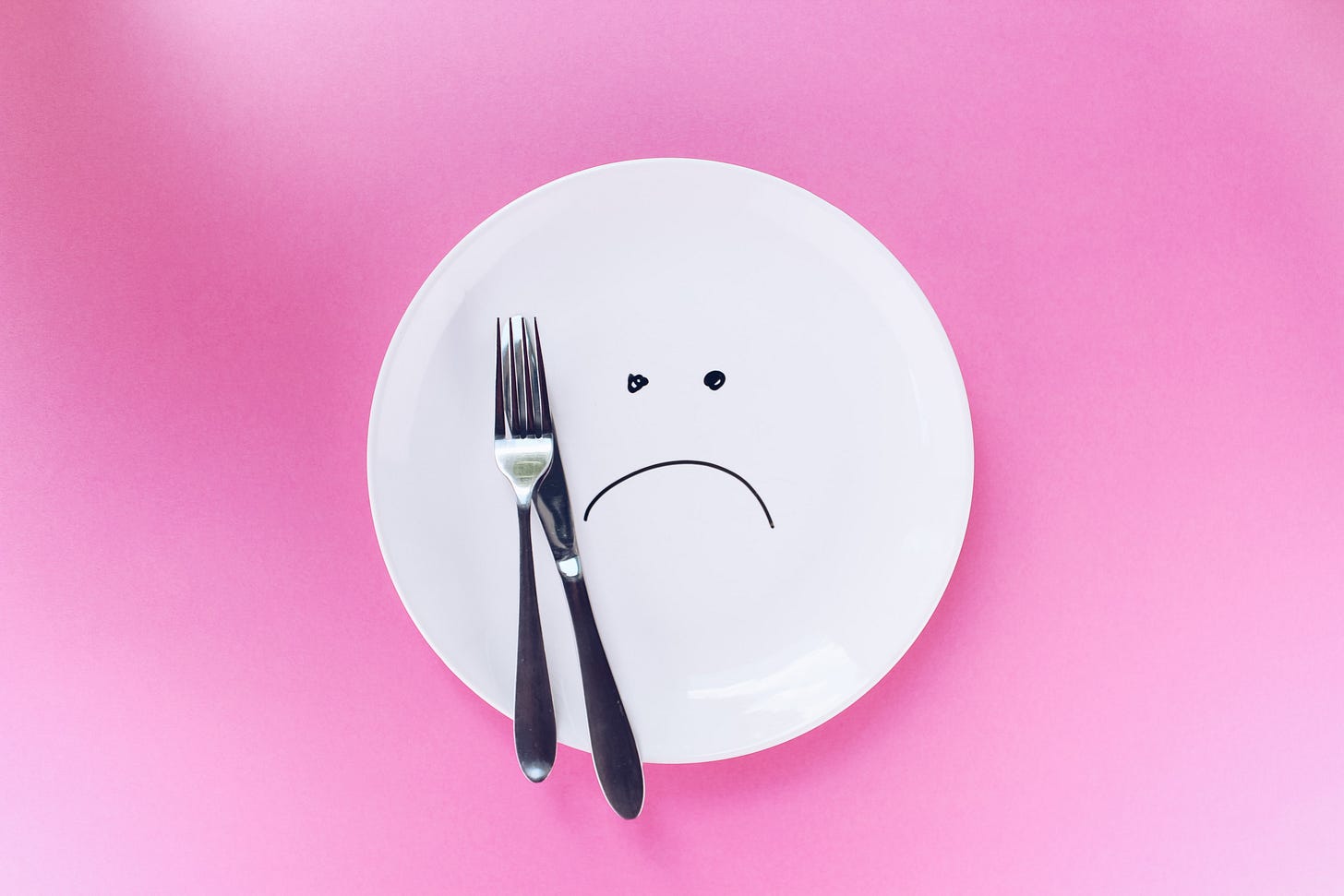The Great Distancing
Watch wellness brands and influencers try to remove themselves from now "toxic" ideas.
Last week my phone was blowing up with people eager to share the news: “Did you see? Goop’s second in command is renouncing the brand!”
By that, they meant that Elise Loehnen, the former chief content officer at Goop, had uploaded an Instagram post seemingly severing ties with the wellness company. In a brief video, Loehnen listed all the ways that cleanses ended up fueling a toxic body image and unhealthy eating habits. Forsaking food for glittering juices and their ilk made her more critical of her weight, more “punishing” of her body, and from the sound of it, awfully hungry.
"To me, it had become synonymous with dieting and restriction, and I felt like I was not in a healthy relationship with my body, where I was always trying to punish it [and] bring it under control," Loehnen explained in the video. But more importantly—and what got the press excited—was Loehnen’s apparent damnation of a culture she once helped propel to mainstream heights. For Loehnen didn’t just lambast her previously unhealthy relationship with cleanses, but went so far as to state that “that wellness culture can be toxic.” After leaving the aspirational brand, the executive went into “full rebellion” by eating whatever she pleased.
Oh, did news outlets lap it up. Gwyneth Paltrow's former right-hand woman SLAMS 'toxic wellness culture, declared the DailyMail. Gwyneth Paltrow's Former CCO Elise Loehnen Says Doing Cleanses at Goop 'Distorted' Her Body Image, chimed in People.
I laughed.
Did anyone read ‘til the end of the post?
Keep reading with a 7-day free trial
Subscribe to Well To Do to keep reading this post and get 7 days of free access to the full post archives.



